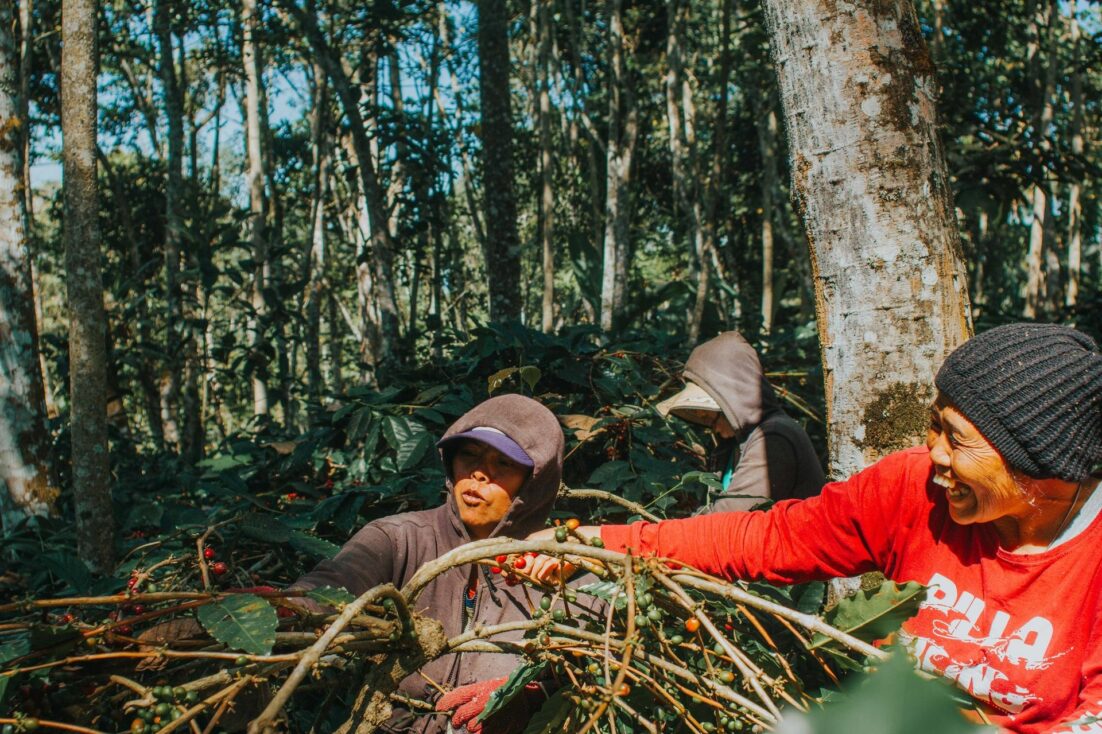Since moving to Germany in 2016 I’ve worked in a range of industries, from continuing my barista career for a few months, to deciding to jump out of hospitality into the video game industry, and on to marketing.
One thing that really stood out here was a stark difference to the Australian work culture which was team-focused, didn’t obsess over the exact amount of hours worked, and generally encouraged employees to go above and beyond for their employer. Germany does things a little differently.
Germany has something called feierabend.
Feierabend directly translates to “celebration evening”, referring to the working day being over when you can finally clock off and celebrate your temporary freedom. Feierabend was a rude shock for me when I first started at a busy cafe in Berlin, just two weeks after touching ground in the snowy capital.
The importance of cake in Germany
If that cafe did one thing right, it was that it brought in a huge afternoon crowd for cakes and coffee (something else that Germany loves. I swear some people came in every day for cheesecake).

I remember an afternoon on one of my first days, watching the crowd pile in the door (the classic 15:30 rush), and while I knew my colleague was clocking out at that time, I assumed they’d lend a helping hand as one doesn’t simply leave your workmate to deal with the rush themselves.
“Feierabend! See you tomorrow!”
In that moment, I distinctly remember standing behind the machine with a small amount of incredulity. “Are they seriously about to ditch me? What the actual shit? What the hell does ‘fire oven’ even mean?”, I thought.
Now I was a very competent barista: thriving under pressure, kicking ass with just myself behind the bar, and could easily cater to multiple customers simultaneously with a clean machine, banging espresso shots, nice(ish) latte art, all while talking their ears off. I’d been in the game for a few years and knew my way around a La Marzocco or two.
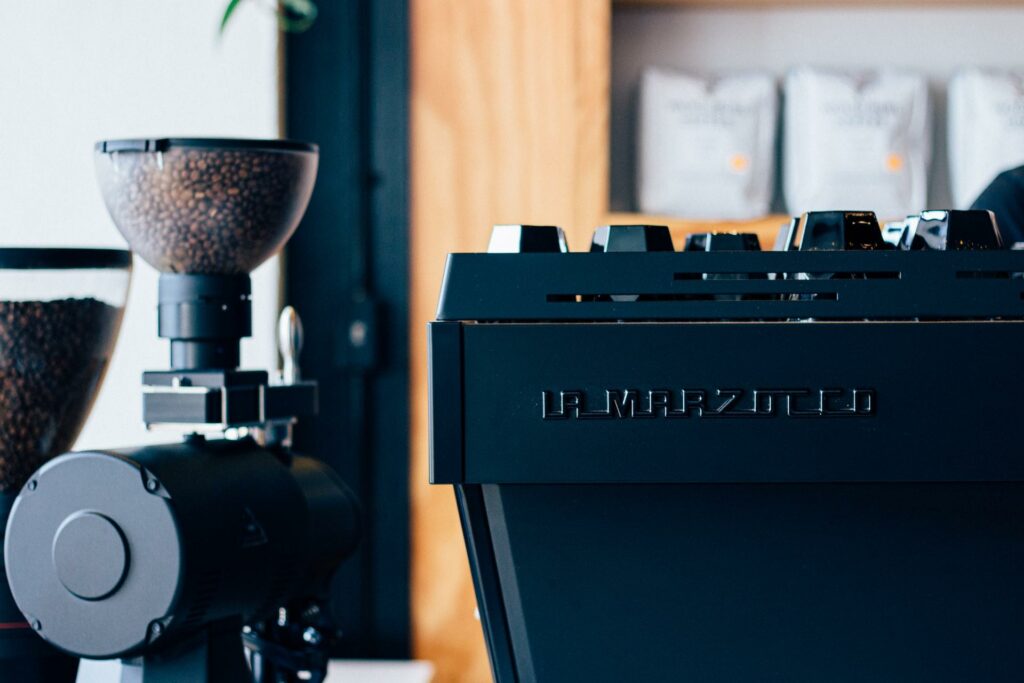
Weird flex aside, this wanton abandonment of me, the new guy, was a hard pill to swallow. But leave me by myself they did. After about 15 minutes of sweaty shot-slinging, the boss decided to help and jumped up off the couch where he was in a deep business-esque conversation, before walking straight to the machine instead of the till and messing up my flow. (I actually really liked him as a boss, don’t get me wrong, but he just wasn’t in the right place at the right time. Apart from that: good egg.)
The new meaning of “team work”
This was my introduction to a work ethic that doesn’t exactly celebrate the team, but is instead hyper-focused on the individual and their individual needs, namely the right to clock off at exactly the agreed upon time, after doing exactly the agreed upon amount of work.

I also want to add that this was just my individual experience: maybe I got unlucky and worked at a series of feierabend-first ventures, but in the hospitality industry it just seemed so… callous. I know there must be other restaurants and cafes out there in Germany that aren’t like this. Again: just my experience.
So obviously I needed to get that off my chest. “But what”, you might be asking, “does that have to do with me? I just drink the stuff, I don’t particularly care about the state of work-ethics in Germany, much less where I live!”
Because Germany, and specifically the German coffee roasting industry, have created something incredible that I have been hard pressed to find an example of anywhere else in the world.
In Germany, there is the concept of “das Kollektiv”, the collective, where a group of people essentially band together towards a common cause, be it living, work, or really anything that would succeed had it more people.
When this concept is applied to a company, things get really interesting.
Applying the collective concept to coffee

One of pioneers of the collective concept is quijote-kaffee, a Hamburg based coffee roastery that even goes as far as to share their internal “employee” contracts on their website for all to see.
Quijote operates with all members of the collective on equal footing: all are required to agree on directions the company needs to take, all members get paid the same amount (there are increases if members have children or are taking care of elderly relatives), and all profits need to be reinvested back into the collective.
And with this discovery, I learned of a whole new side of Germany that cherished a collective-based workplace, that knew it was as strong as its team members, and that their success completely relied on the fairly distributed workload. This concept was obviously in stark difference to what I had experienced.
With the collective attitude that the majority of industries would rather avoid, came the creation of one of coffee’s most ambitious projects.
The founder of quijote-kaffee is Andreas Felsen, a coffee veteran who aimed to help clean up an industry that, even after years of “Fairtrade”, is still able to squeeze producer countries for far more than they receive in return. (To read more on the reality of Fairtrade, I really recommend reading this paper from Baake, Friedrichsen, and Naegele at the DIW Berlin.)
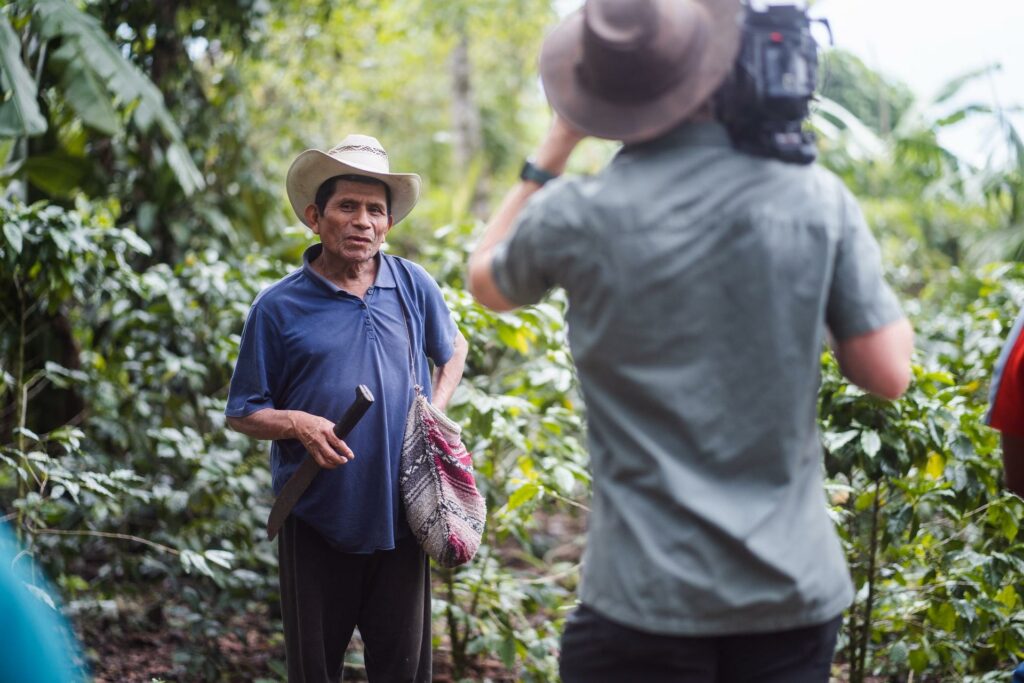
When landing on quijote’s website, you can easily find transparency reports for past years, with the price they are paying producers for their coffees, along with other actions they’ve taken to essentially do their absolute best in supporting the industry and their team. These were part of the collective’s mantra from their inception: to bring as much transparency as possible across all parts of the supply chain in coffee.
“The Pledge” towards transparency in coffee
In June 2018, at the transparent trade colloquium in Hamburg, a group of coffee companies, including quijote-kaffee, formulated the idea of “The Pledge”. “The Pledge” was an agreement to do better by creating more transparent supply chains, better sustainability by boosting producer incomes, and ensuring that all signatories were committed to the pursuance of those goals.
A year later in June 2019, Felson (or “Pingo” as he commonly goes by), announced the formalisation of “The Pledge” to the community on kaffee-netz. The signatories included Counter Culture and Onyx Coffee Lab in the US, Tim Wendelboe in Norway, Seven Seeds in Australia, and Flying Roasters in Berlin, Germany, among a range of other names that quickly grew.
Since the inception of “The Pledge” the group has managed to sign on some of the biggest names in the coffee industry, all committed to creating a better world for everyone at every step of the coffee journey.
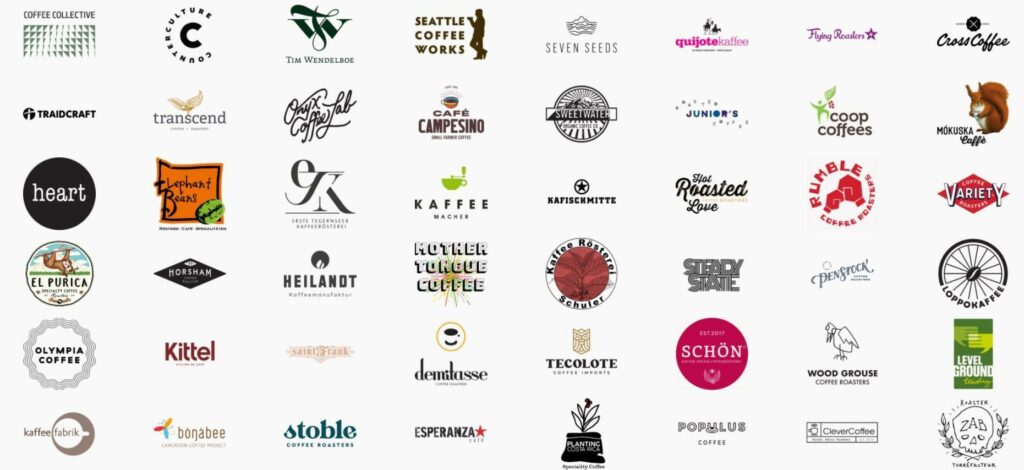
The next steps for “The Pledge” are clear: be transparent and build the type of industry that sustainably supports all of its committed stakeholders for many years to come. With this type of action (one that I’d argue that the coffee industry generally strives for) it will come as no surprise to see more huge companies join, but also unavoidable attempts by bad-actors to co-opt the label of “The Pledge”.
One thing is certain: this is the kind of action that the industry needs to survive, and that we as consumers need to support, so that we aren’t left with just a jar of instant wondering where all our Gesha went.
Voting with your wallet
I recently ordered some coffee from Flying Roasters and it was superb. It was also approximately 25% cheaper than other competitors that are not a part of “The Pledge”, and happened to be roasted three days before it arrived on my doorstep. And you know what I plan to do? Order from them again.
As consumers we have the say in how companies operate; by buying the products that are aligned with our ideals. What “The Pledge” has done is open the door into the mechanics of something so ingrained in our lives that we simply take it for granted every morning.
Now, you can extend your wallet-driven vote as far as possible to reach the very start of the coffee’s journey, knowing that your feedback loop of receiving awesome coffee is being given every chance it can to thrive. And that’s a good thing, because good coffee, and good work, deserves to be rewarded.
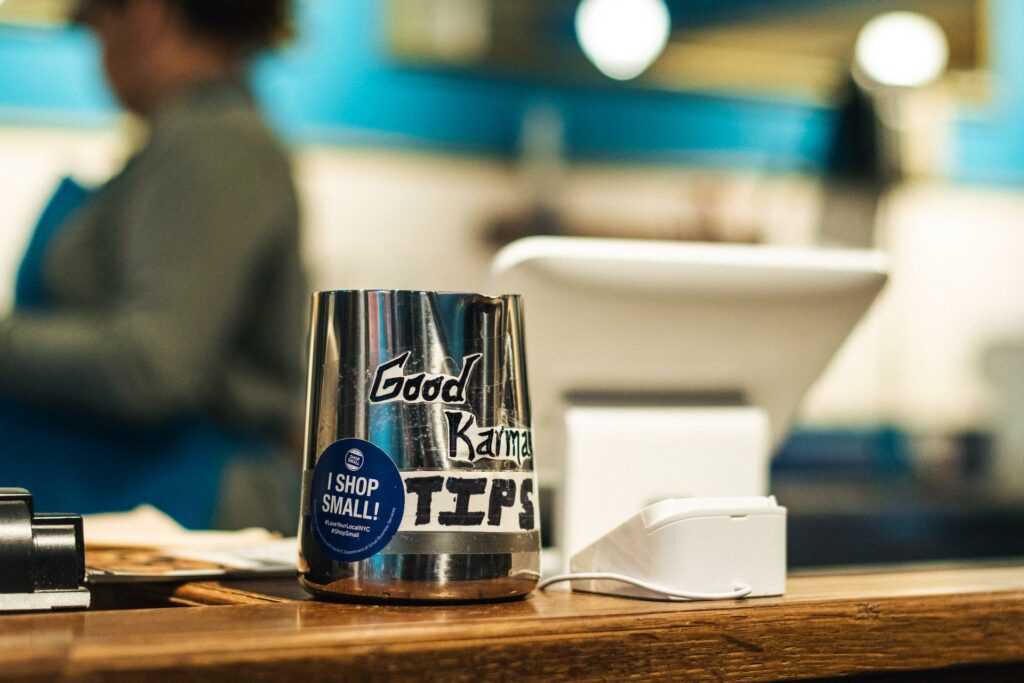
Throughout your career you will have your experiences of stress, be slapped with a sudden “feierabend” and the subsequent disappearance of a colleague, but hopefully you’ll celebrate your own evening shortly after. But to stop that happening again, you need to do something a little bit scary.
You need to find your colleague, and with complete transparency, tell them that yesterday sucked. And then, you can work together to figure out better shift hours with the boss to ensure you don’t get crushed again.
Communication is and always will be the key to any successful relationship, be it professional or other, and when it comes to the success of an industry with so many moving parts, and so many generations of lives invested, then we need to build on that communication to be able to grow and enjoy the fruits of everybody’s labour.
Remember, smashing out the afternoon rush is always more fun as a team.
I loved working at that cafe. I was a bit gobsmacked when I first got there, as the standards were pretty bad for such a hugely successful cafe, but talking to my colleagues, figuring out ways we could improve workflow and quality, ended up creating such an awesome atmosphere and the coffee was really fantastic after some training sessions. It was a shame to leave, but hospitality is hard, man. After a decade it was good to move on, though.

